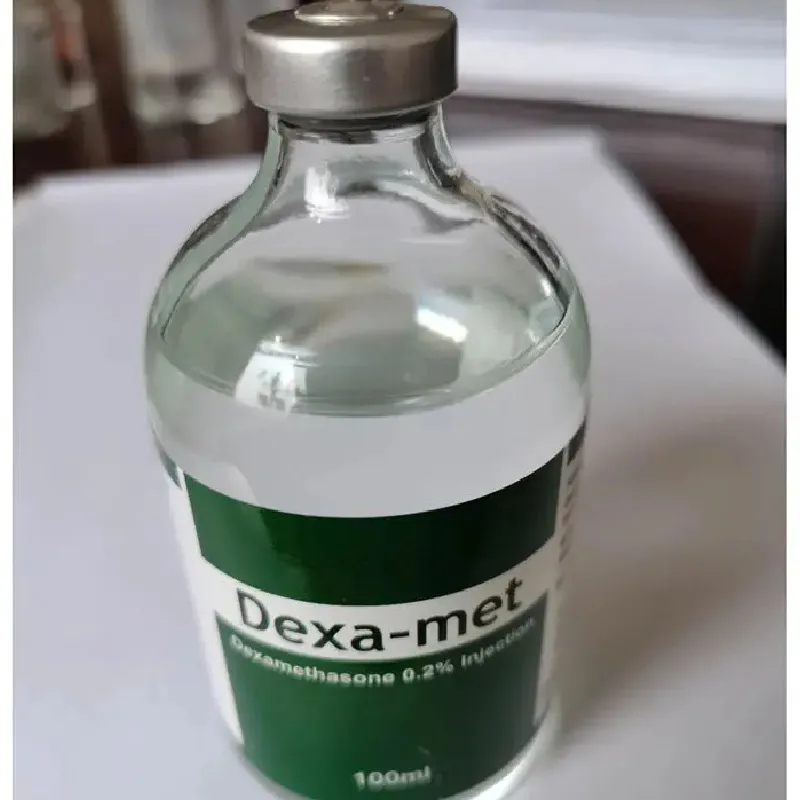- Afrikaans
- Albanian
- Amharic
- Arabic
- Armenian
- Azerbaijani
- Basque
- Belarusian
- Bengali
- Bosnian
- Bulgarian
- Catalan
- Cebuano
- Corsican
- Croatian
- Czech
- Danish
- Dutch
- English
- Esperanto
- Estonian
- Finnish
- French
- Frisian
- Galician
- Georgian
- German
- Greek
- Gujarati
- Haitian Creole
- hausa
- hawaiian
- Hebrew
- Hindi
- Miao
- Hungarian
- Icelandic
- igbo
- Indonesian
- irish
- Italian
- Japanese
- Javanese
- Kannada
- kazakh
- Khmer
- Rwandese
- Korean
- Kurdish
- Kyrgyz
- Lao
- Latin
- Latvian
- Lithuanian
- Luxembourgish
- Macedonian
- Malgashi
- Malay
- Malayalam
- Maltese
- Maori
- Marathi
- Mongolian
- Myanmar
- Nepali
- Norwegian
- Norwegian
- Occitan
- Pashto
- Persian
- Polish
- Portuguese
- Punjabi
- Romanian
- Russian
- Samoan
- Scottish Gaelic
- Serbian
- Sesotho
- Shona
- Sindhi
- Sinhala
- Slovak
- Slovenian
- Somali
- Spanish
- Sundanese
- Swahili
- Swedish
- Tagalog
- Tajik
- Tamil
- Tatar
- Telugu
- Thai
- Turkish
- Turkmen
- Ukrainian
- Urdu
- Uighur
- Uzbek
- Vietnamese
- Welsh
- Bantu
- Yiddish
- Yoruba
- Zulu
Nën . 10, 2024 11:18 Back to list
Appropriate Albendazole Dosage Guidelines for Treating Goats Effectively
Albendazole Dosage for Goats Understanding the Basics
Albendazole is a broad-spectrum anthelmintic (dewormer) commonly used in veterinary medicine, particularly for livestock such as goats. It is effective against various gastrointestinal parasites, including roundworms, tapeworms, and some flukes. Proper dosing is critical to ensure the effectiveness of the treatment while minimizing potential side effects or resistance development.
Benefits of Using Albendazole in Goats
Goats are susceptible to a range of parasitic infections that can adversely affect their health, growth rates, and overall productivity. By administering albendazole, goat farmers can effectively control these parasites, leading to improved feed utilization, weight gain, and better overall health of the animals. Additionally, regular deworming can prevent the spread of parasites within a herd, reducing the overall burden on individual animals.
Recommended Dosage
The standard dosage of albendazole for goats is typically 10-15 mg per kilogram of body weight when treating gastrointestinal parasites. This dosage may vary slightly depending on the specific type of infestation being treated, so it is crucial to follow veterinary guidance in these matters. Many formulations of albendazole are available, including oral suspensions and tablets, making it relatively easy to administer.
For example, if you have a goat that weighs 50 kg, the dosage would be calculated as follows
- Low end dosage (10 mg/kg) 50 kg x 10 mg = 500 mg - High end dosage (15 mg/kg) 50 kg x 15 mg = 750 mg
Thus, you would need to administer between 500 mg and 750 mg of albendazole.
albendazole dosage for goats

Administration Guidelines
Albendazole is typically given orally, and it can be mixed with feed or administered as a bolus. When using the oral suspension, it is essential to shake the bottle well before use to ensure the medication is evenly distributed. Ensure that the goat consumes the entirety of the dosage to maximize effectiveness.
Safety and Precautions
While albendazole is generally safe for use in goats when administered at the recommended dosages, some precautions should be taken into consideration. Pregnant and lactating goats should be treated with caution, and it is advisable to consult a veterinarian before administering any medication in these cases. Overdosing can lead to toxicity, and signs may include lethargy, vomiting, and inappetence.
Monitoring and Follow-Up
Post-treatment, it is vital to monitor the goats for any signs of adverse reactions or continued parasitic infections. Fecal egg counts can help determine the effectiveness of the treatment and whether additional doses are necessary. Regular checks can prevent reinfestation and ensure that the deworming regimen is effective over time.
Conclusion
In summary, albendazole is an invaluable tool for managing parasitic infections in goats. Understanding the proper dosage, administration methods, and safety precautions ensures that this medication can be used effectively, contributing to the health and productivity of the herd. Always consult with a veterinarian for tailored advice and to develop a comprehensive health management plan that includes regular deworming and monitoring practices. By doing so, goat farmers can enhance not only the well-being of their animals but also the efficiency and profitability of their operations.
-
Guide to Oxytetracycline Injection
NewsMar.27,2025
-
Guide to Colistin Sulphate
NewsMar.27,2025
-
Gentamicin Sulfate: Uses, Price, And Key Information
NewsMar.27,2025
-
Enrofloxacin Injection: Uses, Price, And Supplier Information
NewsMar.27,2025
-
Dexamethasone Sodium Phosphate Injection: Uses, Price, And Key Information
NewsMar.27,2025
-
Albendazole Tablet: Uses, Dosage, Cost, And Key Information
NewsMar.27,2025













